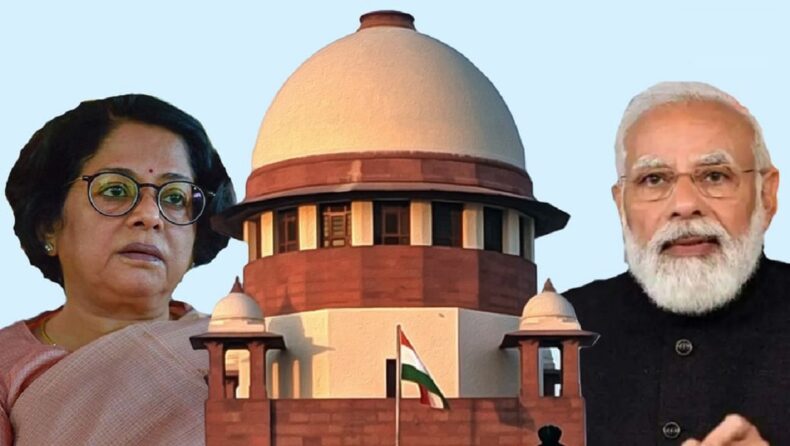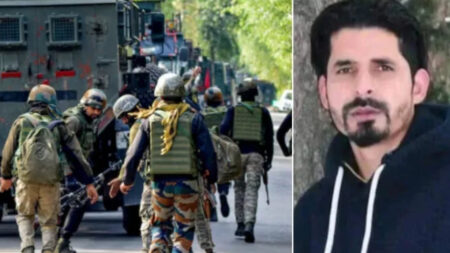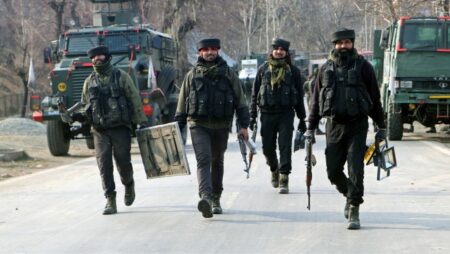On Wednesday, the Supreme Court of India appointed Indu Malhotra as ahead of the panel to probe PM Security Breach on 5th January; the prime minister was stuck at the flyover in Punjab.
The committee is going to look after the reason for the security breach. The committee will be led by Supreme Court’s former Judge Indu Malhotra.
- Former Supreme court Judge to lead a panel
- The panel made to inquire about the security breach
- Major Security lapse on Prime Minister’s Security breach
The Supreme Court of India appointed a five-member panel to probe the security breach during Narendra Modi’s Punjab visit. The panel will be headed by the former Supreme Court Judge Indu Malhotra.
Press Trust of India Ltd [PTI] reported that “an apex court bench headed by Chief Justice N.V. Ramana also appointed the Inspector General of the National Investigation Agency (NIA), Chandigarh Director General of Police (DGP) Praveer Ranjan, the Punjab and Haryana High Court registrar-general and the Additional DGP (Security) of Punjab as members to the panel”.
The Supreme Court bench led by Chief Justice NV Ramana said, “A registrar general of the Punjab and Haryana High Court will form the committee to look into PM Modi’s security breach.
The committee will also recommend further action to prevent similar incidents”. These questions cannot be left upon any one-sided enquiry. We need an independent probe,” the Supreme Court said.
Chief Justice of India NV Ramana said the panel needs to submit the report at the earliest. Further, he added, “The terms of reference will be the cause of the breach, what are the safeguards required for such safety of the Prime Minister. The committee to submit a report at the earliest”.
Retired Judge Indu Malhotra appointed as ahead of the panel to probe PM Security Breach
The committee led by Indu Malhotra will probe into How the breach was caused, who’s behind the security breach, who was responsible, and what measures should be taken to prevent such security breaches in future, and submit its report at the earliest.
In the Earlier hearing, Punjab Advocate- General D.S Patwalia said that all the Nation wanted an opportunity for a fair hearing from the Supreme Court before a neutral committee. He had highlighted the State’s Concern, and it would not get a fair hearing.
Even he had submitted that show-cause notices had already been issued by the Center to its officers, mentioning disciplinary action against them for the security lapse. Further, he continued and said, “If I am guilty, please hang my officers and me, but give a fair hearing”.
Counter made from the Center made by Solicitor General Tushar Mehta that, “There had been a complete Intelligence failure on the part of State”.
Apart from this, he had also submitted that “it was an admitted fact that there had been a security lapse in violation of the ‘Blue Book’ and the Special Protection Group Act.
He also underlined the fact as, “When there is a complete breach, there is no question of the hearing. Officers responsible are served with notice. There is an admitted fact of breakage. This is the rarest of rare cases. It cannot brook any delay“.
On 5th January 2022, The Prime Minister’s Punjab visit was cut short earlier after a “major security lapse”.
Despite the fact that the high security accorded to the PM, his convoy had remained stuck on a flyover on the way to the Hussainiwala for about 20 minutes due to a blockade by the protesters, prompting the Union Home Ministry to seek an immediate report from the state government.
Whereas on 7th January, the Supreme Court was directed to secure the records relating to the visit of Prime Minister Modi to Punjab, the Register General of Punjab and Haryana High Court were asked to do so.
The Court had directed the State of Punjab, central and state agencies to cooperate with the Registrar General and provide entire records immediately.
In the atmosphere of the Punjab election, the incident fires a political row with the Centre and the state government swapping allegations of lapses in protocol and setting up separate investigations.













